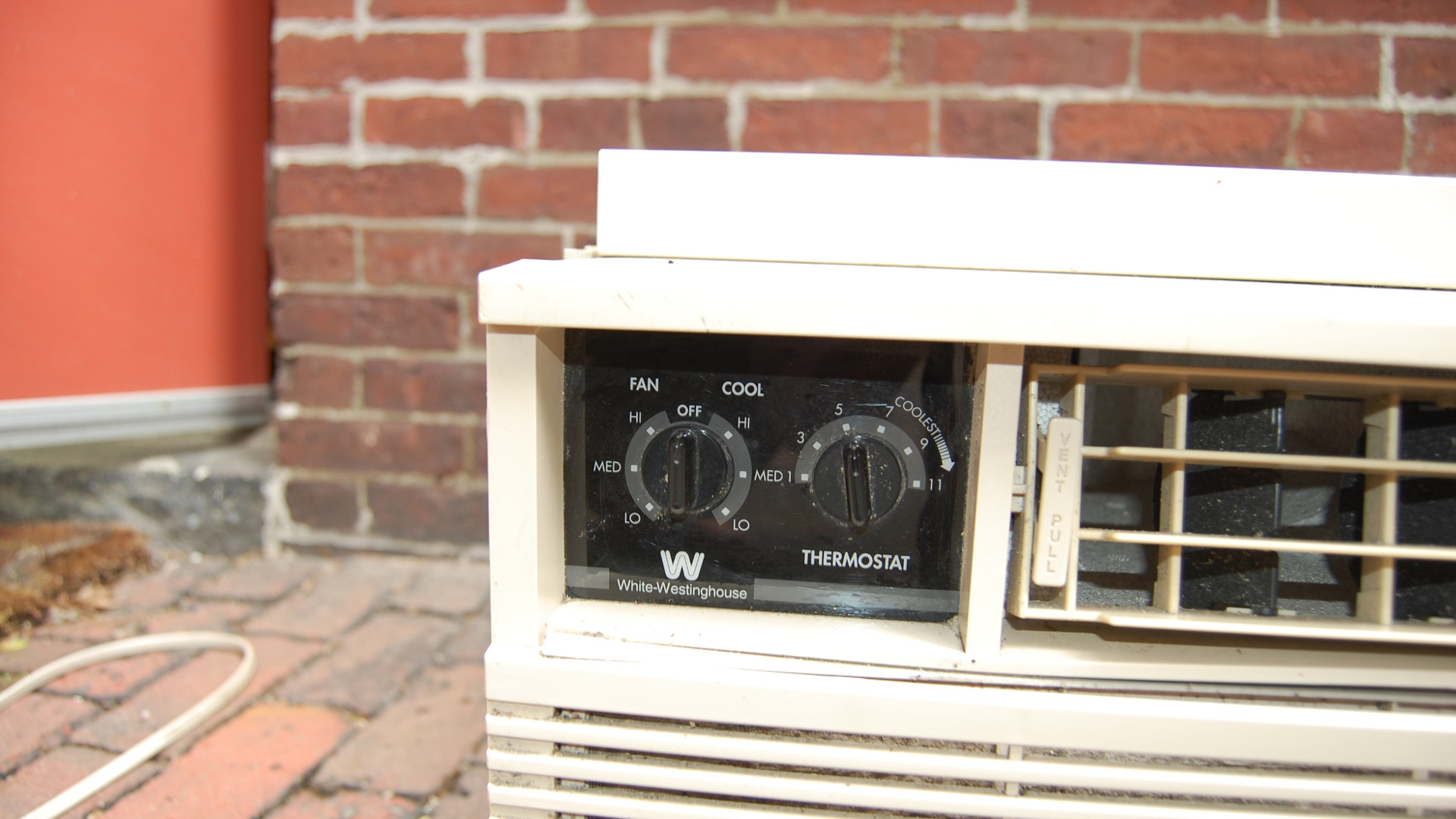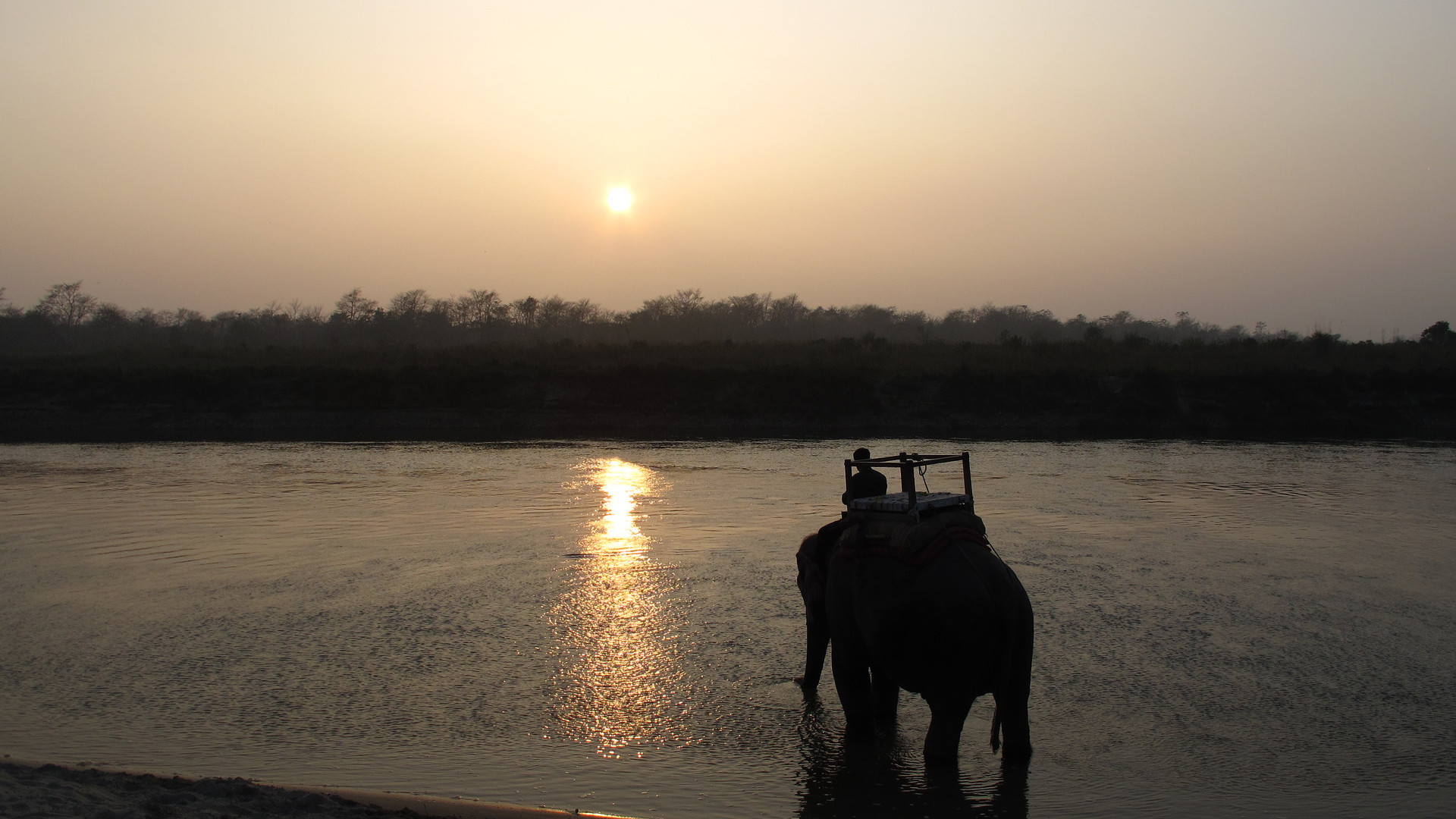The Future of Wildfires?
The deadly wildfires raging through Portugal have killed more than 60 people and created smoke clouds big enough to be seen from space. Is this the wave of the future? A new study finds that wildfires have tripled over the past 30 years in the Great Plains, putting a strain on local agencies. Meanwhile, California’s wildfires have doubled this year, where drought is over but a wetter season has just produced more grasses to burn. On top of that, another recent study found that the smoke from wildfires can, itself, have an effect on the climate, extending the vicious cycle even further.







